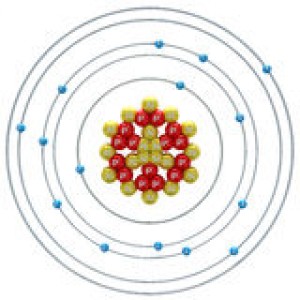News
EFSA proposes magnesium, phosphorus AIs
30 Jul 2015EFSA has proposed adequate intakes (AIs) for magnesium and phosphorus as part of its ongoing review of dietary reference values in the European Union. Magnesium, EFSA notes, is a cofactor of more than 300 enzymatic reactions, such as the synthesis of carbohydrates, lipids, nucleic acids and proteins, and is necessary for specific actions in various […]

 EFSA has proposed adequate intakes (AIs) for magnesium and phosphorus as part of its ongoing review of dietary reference values in the European Union.
EFSA has proposed adequate intakes (AIs) for magnesium and phosphorus as part of its ongoing review of dietary reference values in the European Union.
Magnesium, EFSA notes, is a cofactor of more than 300 enzymatic reactions, such as the synthesis of carbohydrates, lipids, nucleic acids and proteins, and is necessary for specific actions in various organs in the neuromuscular and cardiovascular systems.
Phosphorus is involved in many physiological processes, EFSA says, such as the cell’s energy cycle, regulation of the body’s acid–base balance, cell regulation and signalling, and the mineralisation of bones and teeth, as well as being a component of cell structure.
EFSA’s Panel on Dietetic Products, Nutrition and Allergies (NDA) set an AI for magnesium of 350 mg/day for men and 300 mg/day for women. For children the AI ranges from 170 to 300 mg/day, according to age.
For phosphorus the Panel set an AI for adults of 550 mg/day. For children the range is between 250 and 640 mg/day.
EFSA’s two Scientific Opinions were both finalised after public consultation.
